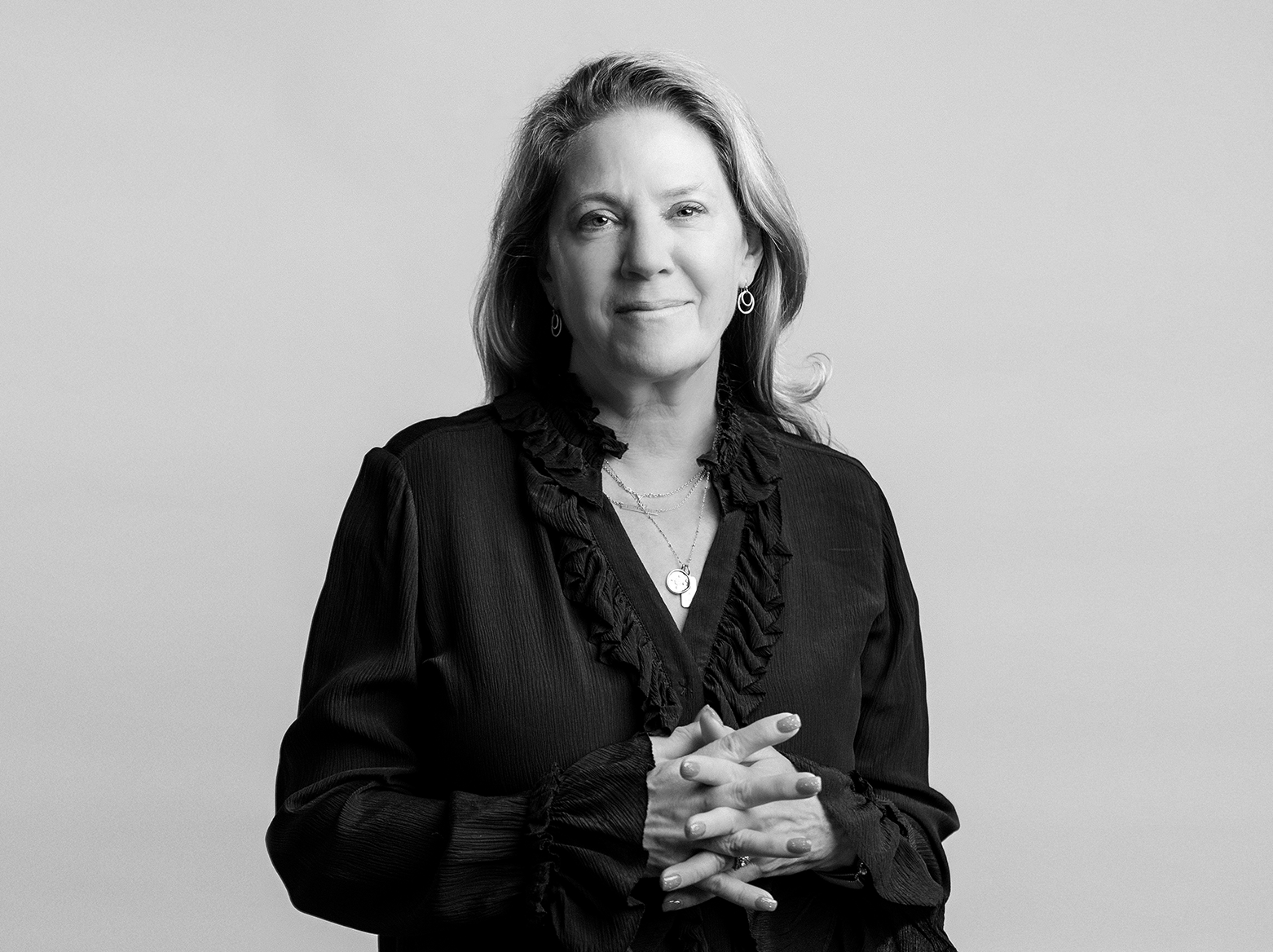The Drum
MullenLowe U.S. Hopes a New Take on Career Paths Can Put More People of Color in Charge
The agency’s newly appointed chief culture officer walks us through the plan to upend the structural prejudice that plagues US advertising agencies.
2023-10-16
US agencies don’t promote enough people of color into positions of power. Research published recently by the 4A’s found that the proportion of agency leaders identifying as white increased to 90%, compared with 73% in 2021.
According to Kelly Fredrickson, the agency’s newly appointed US chief culture officer, promoting more staff of color is the agency’s highest internal priority.
“Jobs that have been created in the US since the social justice movement following George Floyd’s murder have been predominantly filled by people of color,” she explains. “But we realized we’re hiring in the junior and mid-levels. What we need to do now is promote and create opportunities for people to develop.”
To achieve that goal, Fredrickson says the agency must “unlearn” practices that uphold structural prejudice inside the business and create means of developing and promoting staff hired into lower-level positions.
This week, it’s set to launch a pilot ‘sponsorship’ scheme developed between management and staff-run employee resource groups (ERGs). The program lasts a year and will take six candidates from across MullenLowe’s US business and train them for future leadership and management roles. Each ‘protégé’ is paired with a senior sponsor who helps forge connections within the company, increase the candidate’s profile at MullenLowe and “personally invest in the advancement of their career,” according to Jacqueleen Johnson, development and inclusion director at MullenLowe US.
Fredrickson says it’ll mean the agency is more active in career progression than usual. “We’re specifically calling it a sponsorship program, not a mentorship program. A sponsor is somebody who can advocate for you in the rooms that you’re not in, who can actively help your career move forward,” she says.
The scheme is also intended to boost MullenLowe’s own staff retention rate. She says she’s witnessed Black colleagues leave the agency in the past when faced with a shortage of progression opportunities. “One of our most talented strategists left the agency because she got a call from a Black female president. She said, ' I’ve got to go – when am I going to get this call again.’”
She reasons that if staff in junior and mid-level roles see that there are chances to move into higher positions down the line – even if it might take years to get there – they’re more likely to stick around.
“That intentionality from leaders is going to make the difference for people of color in the ad industry,” she adds.
Fredrickson previously served as president of MullenLowe Boston, after rising through the ranks at both brands and agencies. She began her career as a ‘floater’ providing vacation cover for any position going before working as a producer for the best part of a decade. She shifted into management when family responsibilities began to curtail the constant travel associated with shoots.
“The things you learn as a producer have served me so well. Bringing teams together toward a common goal or helping people to stay on track, on budget and on time. Managing through the mini-crises of production helped me manage through real ones as a leader later on.”
That experience – and the memory of how teams actually gel on the ground – means she expects to spend time listening to staff concerns and working with ERGs rather than “approaching from the heights.”
“Culture isn’t in the handbook; it’s in the employee making the right decision when nobody’s watching. It’s in the 1,000 decisions everybody makes every single day,” she says.
MullenLowe’s ERGs – the agency boasts five, run independently from management – were major partners in designing the new sponsorship scheme. Fredrickson says: “It sounds so trite, but it is really about being open. I think the listening part of my job is probably the most important part.”
Despite the creeping return among agency competitors towards mandatory office presence, she says MullenLowe doesn’t plan to roll back its current flexible policy.
“We need to stay open to it. People have set up their lives since the pandemic,” she says. “The fastest way to create a culture is to hire really smart, curious people that share your values. With people who share your values, you know, you can trust that they’re going to get their work done.
“When we have a new business pitch that requires people to come in and work together, they do. Or if there’s a client presentation or something, they come in. We don’t have to tell them. “
Corporate fears that remote working is too generous are unfounded, she says. “It’s a rare, rare person – I’ve yet to find them – who would abuse the privilege of having a hybrid work arrangement.”
This interview was originally posted on The Drum here.
